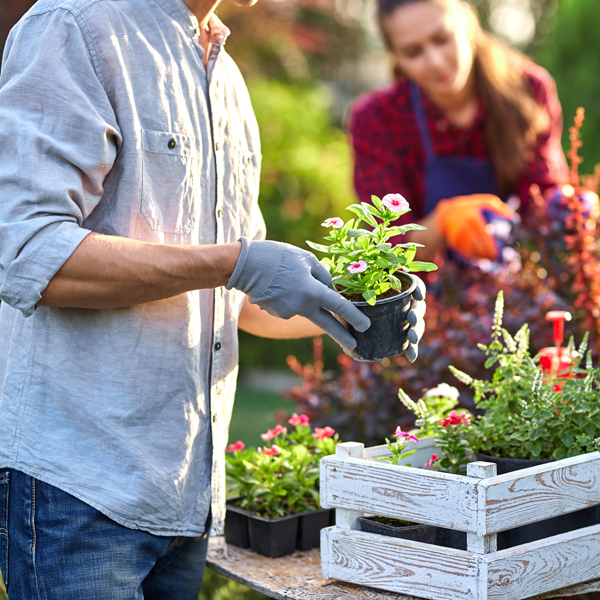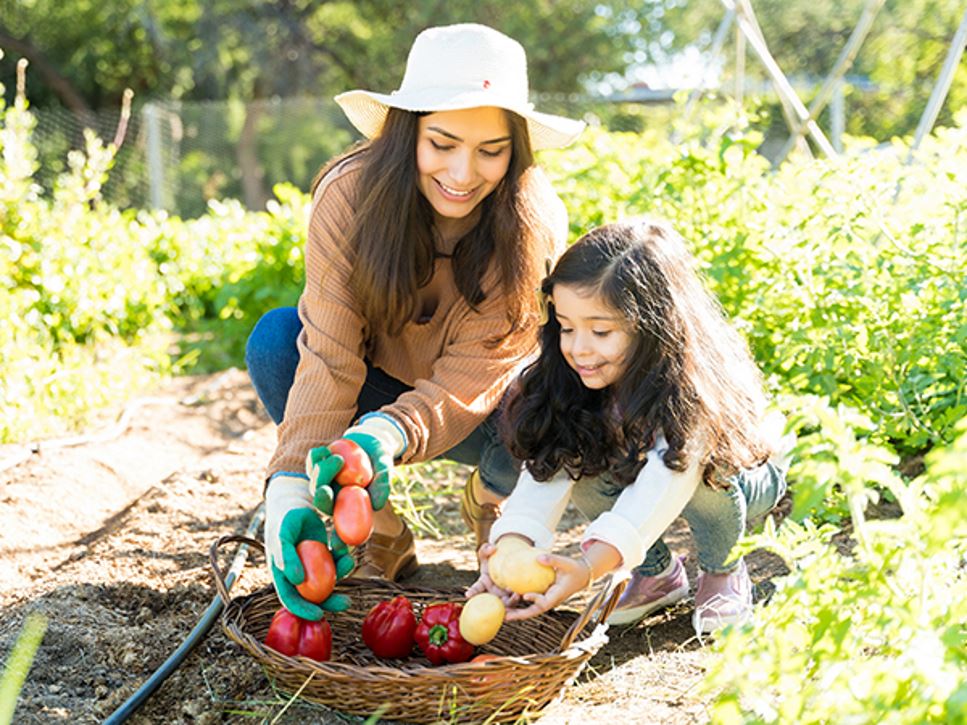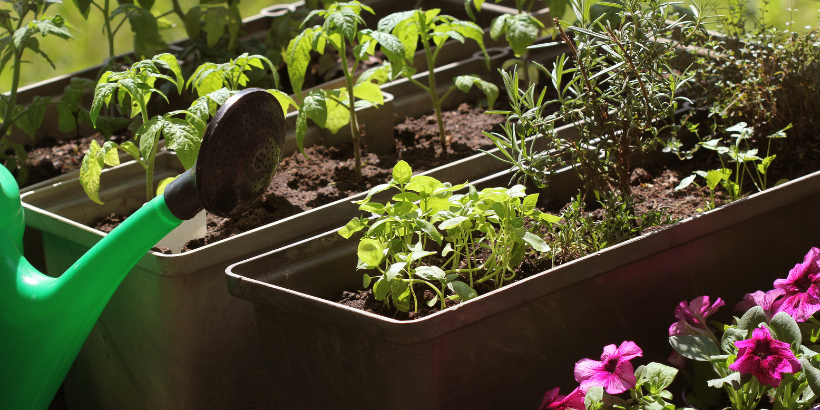Unlocking the Advantages of Horticulture: A Detailed Appearance at the Different Types and Their Effect On Wellness
Exploring the complex benefits of horticulture reveals a range of practices that significantly improve private well-being. As we analyze these diverse horticulture techniques, it comes to be evident that their effect can resonate on personal, social, and environmental degrees, triggering a better look at how these connections create a natural story of holistic health.
Kinds Of Gardening

Flower horticulture, one more prominent group, emphasizes the aesthetic appeal of grown blossoms. This type can boost landscapes and advertise biodiversity by attracting advantageous pollinators. Natural herb horticulture involves growing fragrant and culinary plants, adding both to cooking and natural treatments.
Container gardening deals versatility, making it possible for people with restricted area to take part in horticulture by utilizing pots and planters. This approach is specifically prominent in city setups. Elevated bed gardening, on the other hand, entails producing elevated stories that boost soil drain and availability, making it simpler for garden enthusiasts to manage their plants.
Finally, neighborhood gardening fosters partnership among people in shared spaces, promoting social interaction and collective obligation. Each sort of horticulture serves unique objectives and deals with different choices, making gardening a flexible task that can be tailored to private demands and environments.
Mental Health And Wellness Advantages
Involving in numerous sorts of horticulture not just yields substantial incentives such as fresh produce and attractive blossoms but likewise supplies considerable psychological health and wellness advantages. Research study shows that horticulture can be an effective device for decreasing tension, stress and anxiety, and clinical depression. The act of having a tendency to plants and cultivating a garden fosters a sense of function and accomplishment, which can enhance general emotional wellness.
In addition, gardening encourages mindfulness, as it needs individuals to concentrate on today minute, whether it be growing seeds or supporting growth. This mindfulness practice can bring about decreased rumination and boosted mood stability. The direct exposure to native environments during gardening has actually likewise been linked to enhanced cognitive operating and decreased feelings of fatigue.
Social communication plays an essential duty in psychological health and wellness, and neighborhood horticulture campaigns supply opportunities for people to link with others, fostering a feeling of belonging. The shared experience of horticulture can grow friendships and support networks, even more bolstering emotional strength.
Physical Wellness Benefits
Several people may not recognize that gardening additionally supplies significant physical health and wellness advantages. Taking part in horticulture tasks calls for a series of physical activities, including flexing, lifting, digging, and growing, which jointly add to better strength, adaptability, and endurance. These activities can enhance cardio wellness by promoting an elevated heart price, thus reducing the danger of cardiovascular disease.
Moreover, horticulture can work as a moderate-intensity workout, aiding people accomplish suggested physical activity degrees. Researches show that regular involvement Source in horticulture can burn considerable calories-- about 200-400 calories per hour, depending upon the strength of the jobs executed. Such calorie expenditure is beneficial for weight management and general metabolic wellness.
Additionally, exposure to sunshine during gardening can facilitate the synthesis of vitamin D, which plays an essential function in maintaining bone wellness and sustaining immune feature. Moreover, the act of gardening commonly entails collaborating with dirt, which has been linked to prospective mental and physical health and wellness benefits because of the visibility of advantageous microorganisms. Gardening.
Social Connections With Gardening
The public elements of gardening foster significant social links amongst individuals. Area yards, in specific, function as vivid centers where people from varied backgrounds integrated, cultivating not only plants yet likewise partnerships. These shared spaces urge partnership, enabling people to trade understanding, skills, and resources, consequently improving their gardening experience and promoting a feeling of belonging.
Interaction in horticulture activities usually causes the formation of friendships and assistance networks. Participants frequently join for typical objectives, such as planting seasons, harvest events, or instructional workshops, which enhance interpersonal ties and create a feeling of community. Such communications can minimize sensations of isolation and improve mental well-being, as individuals discover friendship and sociability in shared endeavors.

Ecological Impact of Gardening
Gardening significantly adds to ecological sustainability in visit this website multiple methods. One of the most noteworthy advantages is the improvement of biodiversity. Home yards provide important environments for various types, consisting of pollinators such as and butterflies, which are vital for community health and wellness. By growing diverse plant types, garden enthusiasts can develop a well balanced setting that sustains both vegetation and fauna.

In addition, gardens play an essential duty in water conservation. Tactical landscapes, consisting of indigenous plants and xeriscaping, lower water usage and stop runoff, thereby safeguarding local waterways from contamination.
Conclusion

The varied kinds of gardening-- consisting of vegetable, flower, herb, container, and increased bed-- contribute to psychological and physical health, foster social links, and promote environmental sustainability. By involving in horticulture practices, people can experience enhanced high quality of life while likewise sustaining neighborhood bonds and environmental wellness.
Comments on “Crucial Gardening Devices Every Gardener Needs for a Beautiful Yard”